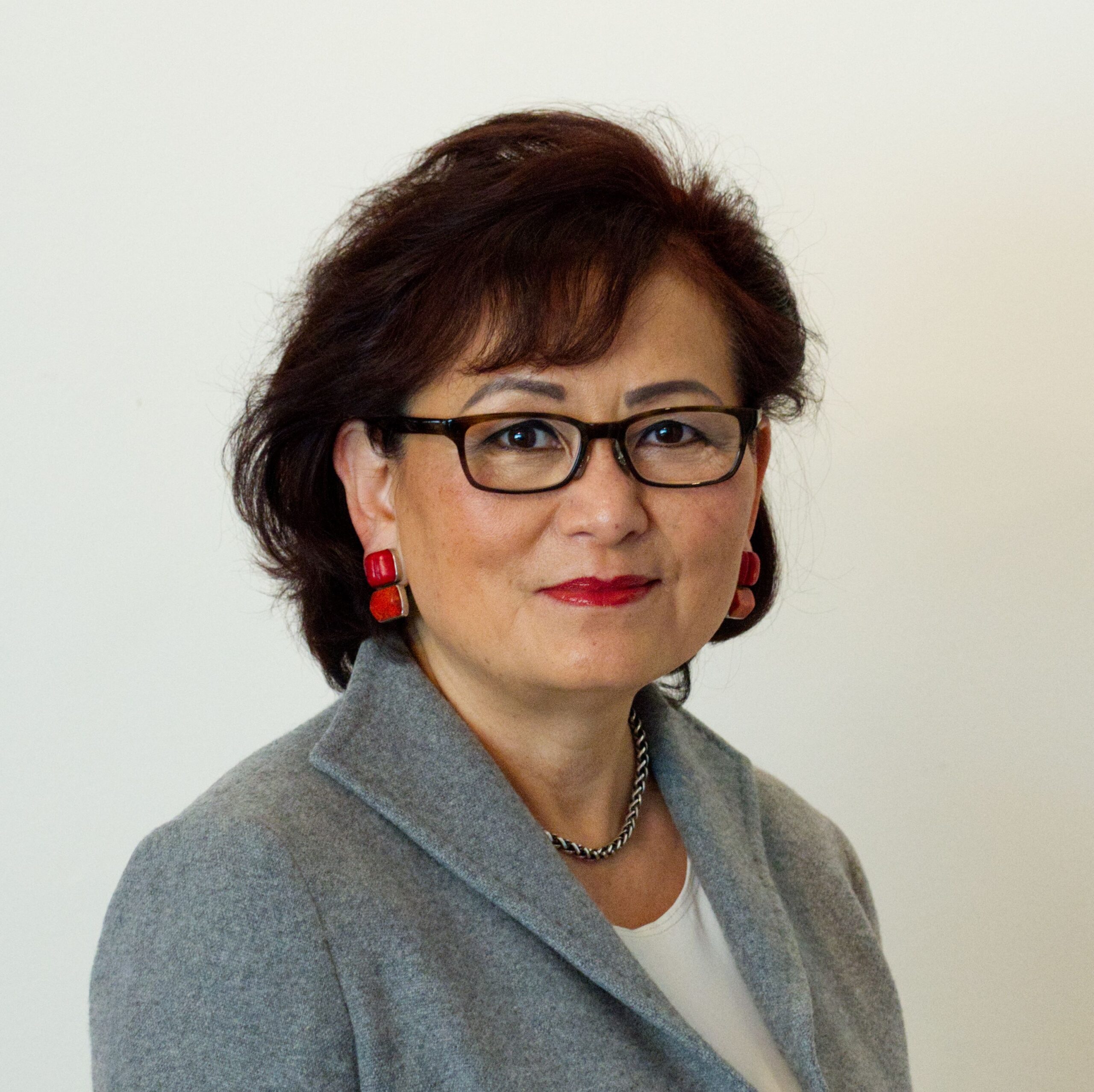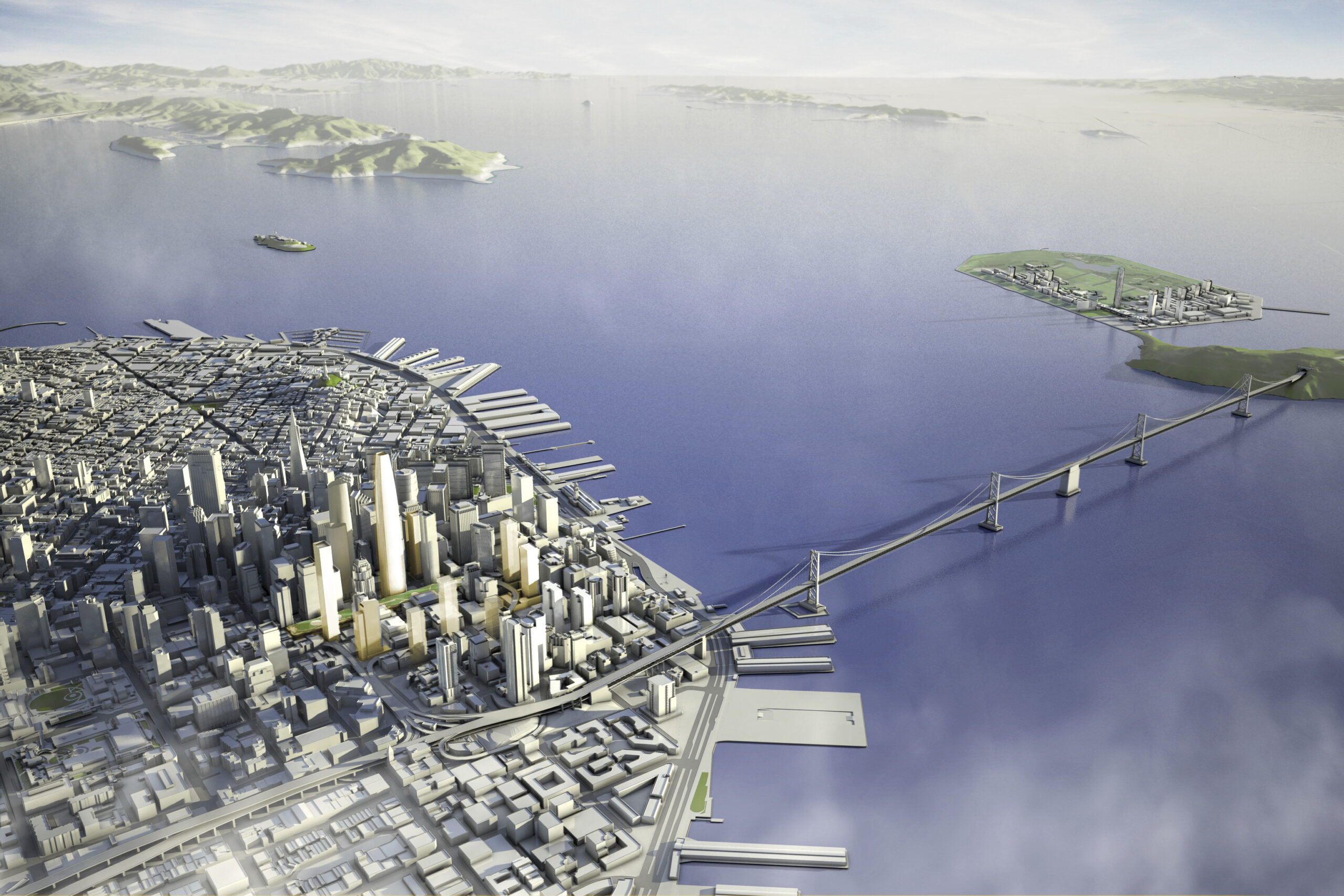
- This event has passed.
Ellen Lou(SOM): Reactivating Cities – Accelerating Urban Regeneration to Save Our Downtowns
April 15, 2023 @ 10:00 am - 12:00 pm

Saturday, April 15, 2023 10:00am – 12:00 pm(JST)
SPEAKER BIO
Ellen Lou, FAIA, AICP, LEED-AP BD+C
Principal, Skidmore, Owings & Merrill
Ellen Lou works at the forefront of urban regeneration, advancing new development models and climate-adaptive design strategies for cities across North America and Asia. As a principal for SOM’s City Design Practice, she tackles the complex challenges of urban transformation, integrating priorities for cultural preservation, social equity, ecological resilience, and economic vitality into actionable visions. In the San Francisco Bay Area, she has shaped the development of key neighborhoods, from San Francisco’s Transbay District to San Jose’s Downtown and Diridon Station Area. Her master plans for innovation communities and academic campuses have set the stage for public-private investment in California, Salt Lake City, and Shanghai. In Asia, her pioneering strategies for district-scale preservation and catalyzing ecological restoration through new town development have influenced development throughout the region. Ellen serves on the boards of the Institute for Transportation Development Policy (a global NGO), SPUR, a San Francisco Bay Area urban policy think tank, and the Visiting Committee for the Department of Urban Studies at the Massachusetts Institute of Technology.
LECTURE SUMMARY:
American cities are facing a major crisis. As we transition into the post-pandemic era, people have not returned to work in the Central Business Districts (CBDs) as intensely as pre-pandemic time. Office vacancies remain stubbornly high in these districts. Companies with jobs that could be performed online and provided employees the options for hybrid work (in-person and remote). As a result, many cities are increasingly facing the challenge of empty downtowns, business closure and reduced tax revenue. Many cities also lost residential population, as people moved to the suburbs and even other cities or regions that can afford them more space, amenities, and better environment. The urban exodus further exacerbates the decline of urban centers. Are downtowns dying? Urban centers could recover from the impact of the pandemic and changing demands if downtowns could adapt for a hybrid workplace future and offer attractive culture, entertainment, lifestyle choices, and a sustainable environment. Then these urban centers would thrive again. In fact, many of these trends are not new as evident by the vibrant mixed-use urban districts of some of the growing cities. The post pandemic trends just accelerated the need for transformation. This presentation discusses the challenges cities’ face, current trend, and shifts inclusion best practices to reactivate downtowns through workplace adaptations, residential conversion; Integrate education, sports, cultural attraction, entertainment destinations as catalyst for transformation; place making through design; and climate adaptation that will transform our downtowns for a resilient and carbon neutral future.
Case studies in North America and the Pacific Rim will be introduced to demonstrate the urban design and planning approaches, policies and lessons learned.
LEARNING OBJECTIVES:
After this session, participants will be able to:
1. Identify challenges and current trend downtowns face in the post pandemic era
- High office vacancies, loss of downtown workers, shorter work week
- Diversity in business trends
- Loss of tax revenue
- Describe the urban design and planning approaches for livable and sustainable placemaking:
- High levels of walkability
- Mixed-use districts
- A strong sense of place and social cohesion
- People-friendly public realm
- Utilize strategies to create healthy and safe places which includes:
- Introducing a safe and convenient movement network within the neighborhood.
- Encourage healthy and green transport by creating complete streets for both pedestrian and bicycle circulation.
- Integrate sports and health-care facilities in the community
- Apply urban design approaches to enhance the well-being of the residents:
- Create a diverse range of experiences for recreation and entertainment.
- Introduce a network of public open spaces at different scales and for a variety of uses and users.
- Promoting the creation of educational institutions in the area for continued learning.
- Create fitness opportunities in a neighborhood
- Identify the Sustainable and Climate Adaptation features of an urban center, including
- High-density, compact transit-oriented development which reduces the regional carbon footprint and emissions.
- Integrate the park design with architectural sustainability programs and opportunities to re-create environmental ecosystems.
- Convert wide roadway to open spaces incorporating storm water treatment and recycling of wastewater on-site for reused in the buildings and irrigation.


